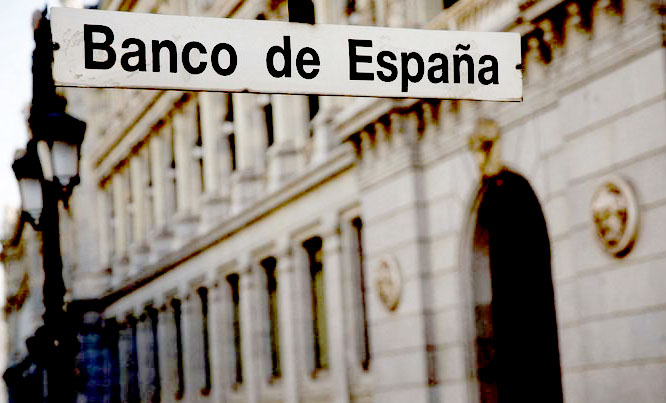Climate policies pose a moderate immediate risk to banks, according to the Bank of Spain.

MADRID (Reuters) – The Bank of Spain stated that Spain’s transition to cleaner energy might pose more significant risks to sectors with larger CO2 emissions, such as transportation, industry, and agriculture, while any impact on banks would be minimal in the near run.
In an examination of how rising CO2 emission rights costs may influence the banking industry, the central bank stated on Wednesday that they would have a mild impact on the credit quality of corporate loans on average.
Physical climate change hazards, such as droughts and wildfires, would, nevertheless, increase the long-term possibility of default for some people and businesses, according to the report.
The Bank of Spain went on to say that physical and transitional risks faced by banks might jeopardise financial stability, necessitating a “decisive” reaction by central banks.
At a time when European leaders are working on measures to speed up the bloc’s green transition, Bank of Spain head economist Angel Gavilan said there was also a need to develop globally comparable standards to achieve this aim.
He also stated that European measures to lessen their dependency on Russian energy following Moscow’s invasion of Ukraine were helpful in the medium term, but would be detrimental in the near term.
Without going into specifics, Gavilan stated that the energy transition risk is projected to be inflationary in the short run.





